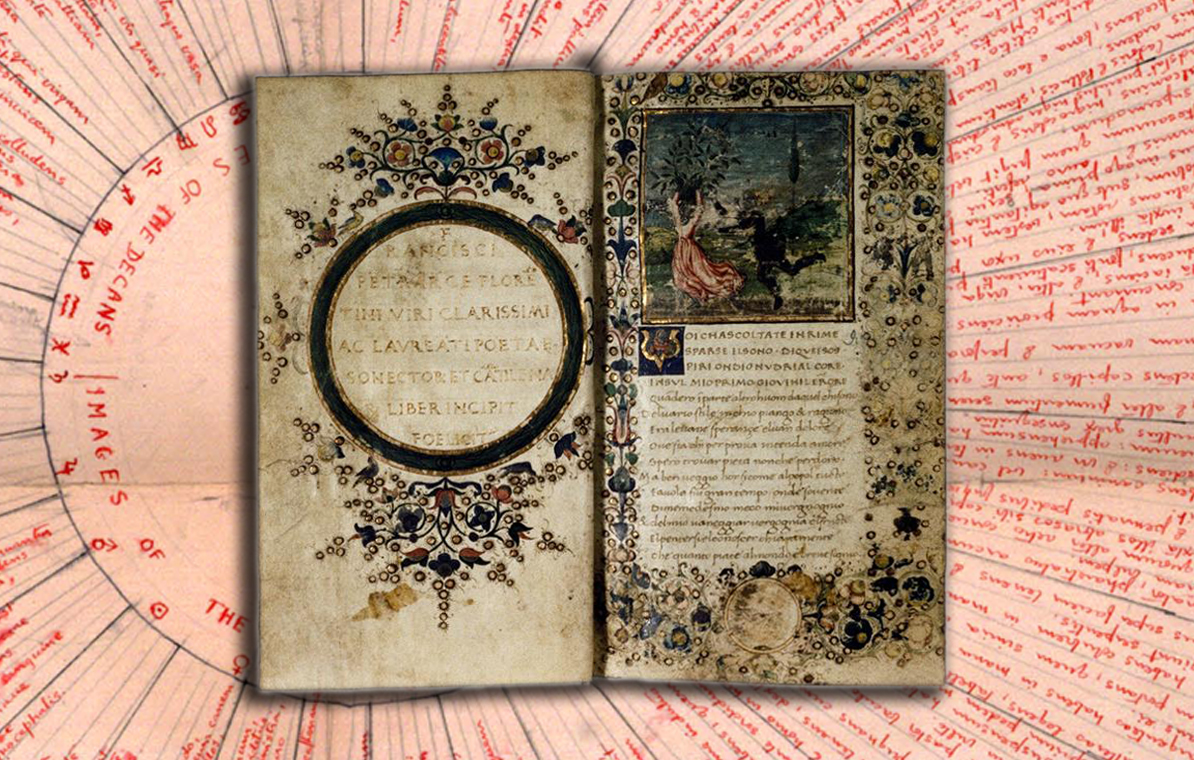<i>Quanto piace al mondo è breve sogno.</i> Petrarch and Schopenhauer: Elective Affinities
DOI:
https://doi.org/10.5399/uo/hsda.1.1.1191Abstract
Art plays a fundamental role in Arthur Schopenhauer’s philosophical system, and among the many artists who Schopenhauer cites, Francis Petrarch may be considered the most significant. Schopenhauer includes Petrarch among his favorite authors, referring to him as “the poet of [his] heart” and quoting him in those parts of The World as Will and Representation and Parerga and Paralipomena that center on the topics of ethics and the art of living. In this essay, I analyze Schopenhauer’s most significant passages on Petrarch, suggest connections between those passages, and conclude that, for Schopenhauer, the Italian poet is much more than a poet; he is a true sage whose words one can turn to for comfort. Petrarch is a thinker, a promoter of solitary life and the love of knowledge, a writer of philosophy and, although only in part, even an ascetic man. From Schopenhauer’s writing, it appears that Petrarch encompasses many of the features of the ideal Schopenhauerian man: someone who understands the senselessness of life, who has succeeded in denying the Will and has been able to express it through his poetry, his philosophical writings and his life choices. Petrarch’s verses foreshadow the basic ideas of Schopenhauer’s philosophy; his actions and his example serve not only as a model and inspiration for the readers of Schopenhauer but also for the German philosopher himself.Downloads
Additional Files
Published
2011-02-05
Issue
Section
Interventions
License
Copyright (c) 2011 Enrico Vettore

This work is licensed under a Creative Commons Attribution-NoDerivatives 4.0 International License.
Authors who publish with this journal agree to the following terms:
- Authors retain copyright and grant the journal right of first publication with the work licensed under a Creative Commons Attribution No Derivatives License that allows others to share the work with an acknowledgement of the work's authorship and initial publication in this journal.
- Article and journal metadata is released under a Creative Commons Attribution license.
- Authors may enter into separate, additional contractual arrangements for the non-exclusive distribution of the journal's published version of the work (e.g., post it to an institutional repository or publish it in a book), with an acknowledgement of its initial publication in this journal.
- Authors are permitted to post their work online (e.g., in institutional repositories or on their website) prior to and during the submission process, as this can lead to productive exchanges, as well as earlier and greater citation of published work (See The Effect of Open Access). Indicate that the manuscript is under submission.

